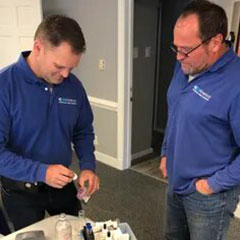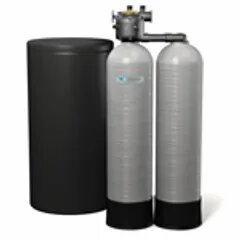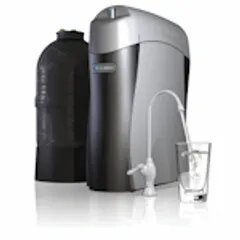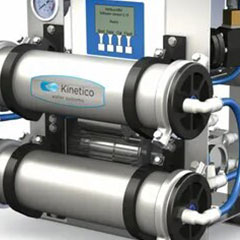The Impact of Water Quality on Your Restaurant’s Reputation
In the restaurant industry, reputation is everything. It’s built on the quality of food, exceptional service, and a welcoming atmosphere. Yet, one critical factor often overlooked is water quality. From cooking to cleaning, and even the ice in drinks, water plays a central role in daily operations. Poor water quality can negatively affect your restaurant’s reputation and leave customers with a bad impression.
How Water Quality Affects Food and Beverages
Water is a foundational ingredient in nearly every dish and drink served at a restaurant. Whether it’s the base for soups, sauces, or beverages, its quality directly impacts flavor and appearance. Poor water can introduce off-tastes or odors, diminishing the overall dining experience. Imagine serving a cup of coffee made with water that carries an unpleasant metallic taste—not exactly a recipe for happy customers.
Beyond flavor, water with high mineral content or impurities can affect the consistency of dough, batter, or stock. For restaurants that pride themselves on culinary excellence, the smallest deviations in taste or texture can make a noticeable difference.
The Role of Water in Cleanliness
Cleanliness is non-negotiable in the foodservice industry. Glassware, dishes, and utensils are constantly under scrutiny by diners. Poor water quality can lead to unsightly spots, streaks, or even residue left on these items. These visual cues may give customers the impression that your establishment lacks attention to detail, even if your team follows strict cleaning protocols.
Water quality also impacts your kitchen equipment. Hard water, for instance, can cause scale buildup in dishwashers, steamers, and coffee makers. Over time, this buildup can reduce efficiency, increase energy usage, and shorten the lifespan of your equipment. Professionals can help address these challenges by recommending solutions tailored to your restaurant’s needs.
Customer Perception and Trust
Word-of-mouth is a powerful force in the restaurant world, and online reviews can make or break your reputation. If customers notice an issue with water—whether it’s an odd taste in their iced tea or cloudy ice cubes—it’s likely to show up in their feedback. A few negative reviews mentioning water quality can raise red flags for potential diners.
On the other hand, paying attention to water quality can reinforce your commitment to excellence. Customers appreciate establishments that prioritize their experience, down to the smallest details.
Professional Solutions for Water Quality
Ensuring high water quality isn’t something you should tackle alone. Restaurants rely on experts who specialize in water testing and treatment to identify and resolve issues. These professionals can assess your establishment’s water supply and recommend solutions that align with health and safety standards.
From filtration systems to water softeners, experts offer tailored approaches to address specific challenges. For example, a water filtration system can remove impurities, improving both taste and clarity. A water softener can prevent mineral buildup, keeping your equipment in top shape.
Long-Term Benefits of High-Quality Water
Investing in water quality offers benefits beyond reputation. Clean, high-quality water contributes to better-tasting food and beverages, cleaner dishware, and more efficient equipment. These factors combine to enhance customer satisfaction and build loyalty. Over time, the improved efficiency of your kitchen operations can also lead to cost savings, making it a smart investment for the future.
Final Thoughts
In the competitive world of restaurants, water quality isn’t just about meeting basic standards—it’s about exceeding expectations. By ensuring clean, great-tasting water, you create a dining experience that reflects your commitment to quality and attention to detail. Don’t leave your reputation to chance; enlist professionals who can help you deliver the best for your customers.





